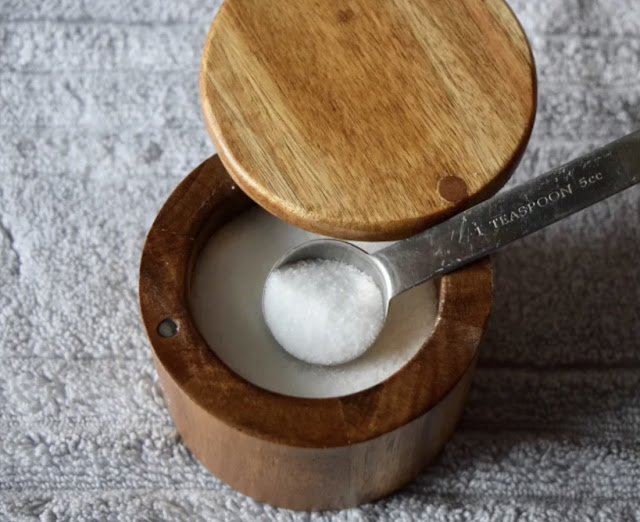Groundbreaking Study: Trimming Just One Teaspoon of Salt Mirrors Blood Pressure Medication Effects
Groundbreaking Study: Trimming Just One Teaspoon of Salt Mirrors Blood Pressure Medication Effects
In a groundbreaking revelation, a recent study underscores that reducing daily salt intake by just one teaspoon can yield blood pressure reductions equivalent to standard hypertension medications. This holds true even for individuals without high blood pressure, marking a significant stride in preventive health practices.
A teaspoon of salt translates to 2,300 milligrams, aligning with the daily limit recommended for individuals over 14 in the latest US nutritional guidelines. However, the American Heart Association advocates for an even lower sodium intake, aiming for less than 1,500 milligrams per day.
Lead investigator Norrina Allen, a professor of preventive medicine at Northwestern University’s Feinberg School of Medicine, notes, "This is the first study to show that people who are already on blood pressure medication can lower their blood pressure even more by limiting sodium." Remarkably, the findings suggest that 70% to 75% of individuals, irrespective of medication use, can experience blood pressure reduction through dietary sodium restriction.
High blood pressure, often referred to as the "silent killer," affects one in three adults globally, potentially leading to severe health complications. The study's insights are particularly relevant, considering nearly half of Americans contend with high blood pressure, and approximately a third of them grapple with "resistant" hypertension, unresponsive to three types of medications.
Dr. Andrew Freeman, Director of Cardiovascular Prevention and Wellness at National Jewish Health in Denver, emphasizes the pervasive nature of excessive salt consumption in modern diets. He underscores that the seemingly minor reduction of one teaspoon can wield a surprisingly significant impact on blood pressure.
The study, published in JAMA, focused on 213 participants aged 50 to 75, dividing them into high- and low-sodium diet groups for a week each. Results indicated a rapid and substantial drop in blood pressure during the low-sodium week, approximating the effect of a first-line blood pressure medication. The adjustment to a low-salt diet had minimal side effects, primarily associated with adapting to a less flavorful diet.
Acknowledging that most salt intake arises from processed foods, Dr. Freeman recommends attentive shopping to control sodium intake effectively. The study employed readily available low-sodium foods from local grocery stores, emphasizing that effective salt reduction is achievable through careful dietary choices.
The study aligns with the DASH diet (Dietary Approaches to Stop Hypertension), renowned for its efficacy in lowering salt intake. Encouraging a diet rich in vegetables, fruits, and low-fat dairy, the DASH approach limits sodium intake to 2,300 milligrams per day, mirroring the parameters of the study.
In conclusion, the study advocates for a transformative shift toward mindful salt consumption, offering a pragmatic and accessible strategy to enhance cardiovascular health without the side effects often associated with medication.






